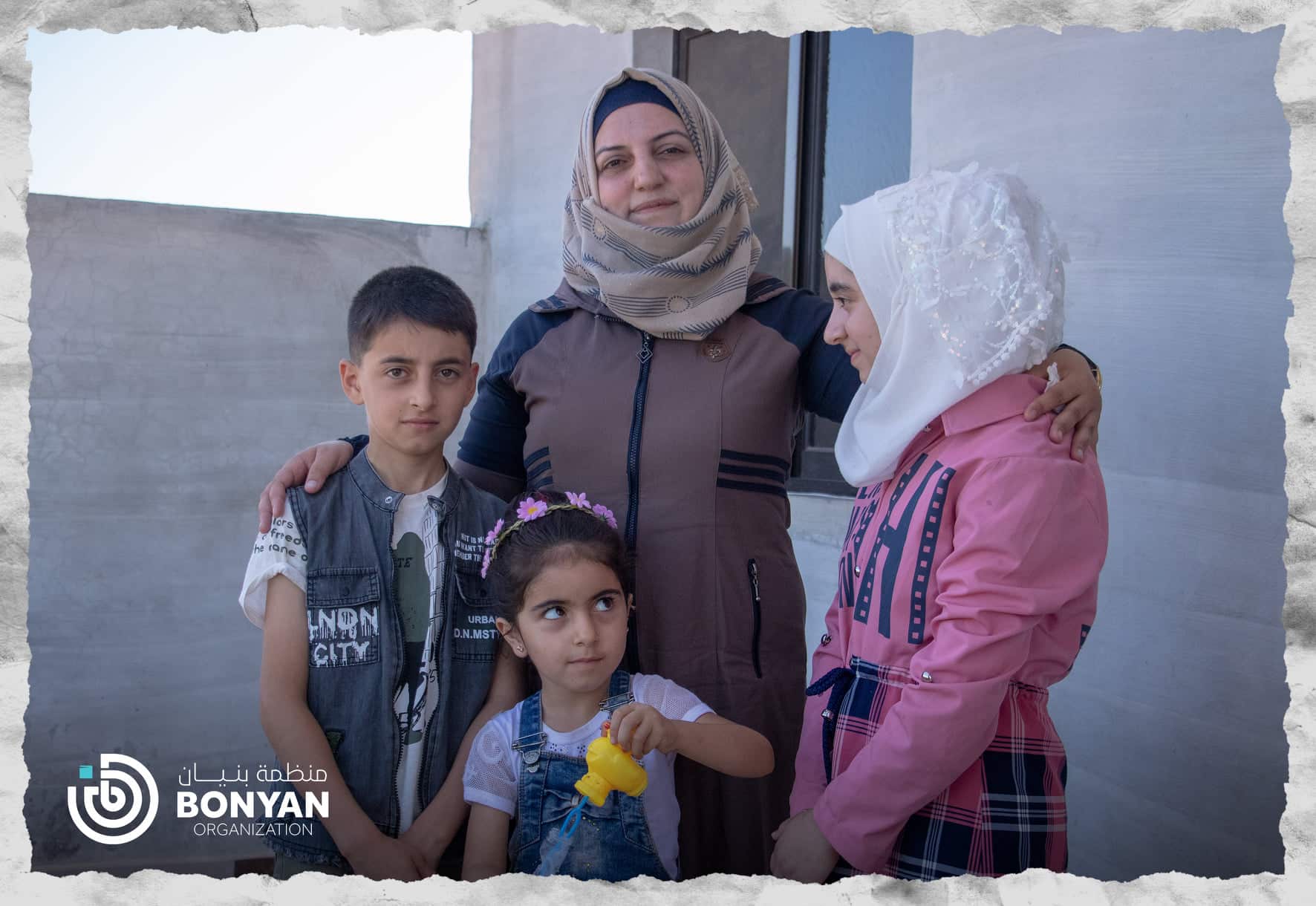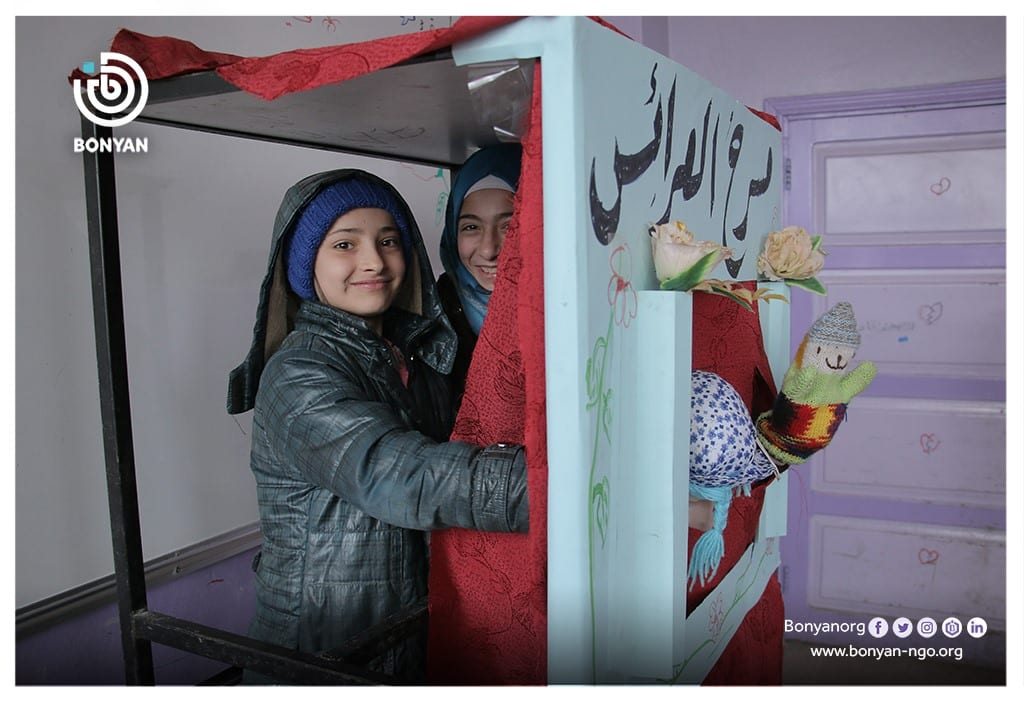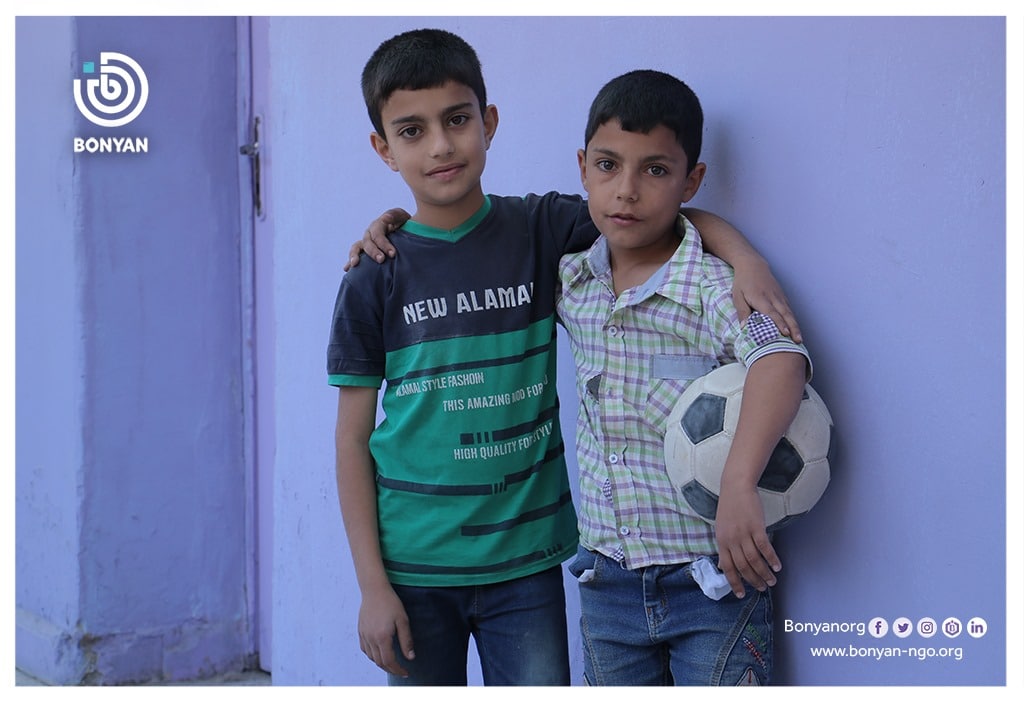Psychosocial Support Meaning
The Psychosocial Framework of 2005–2007 of the International Federation defines psychosocial support as a process of facilitating resilience within…
- Individuals.
- Families.
- Communities.
By respecting individuals and communities’ independence, dignity, and coping mechanisms.
Psychosocial support promotes the restoration of social cohesion and infrastructure.
Types of Psychosocial Support
Here are some of the psychosocial support types:
- Supportive parental programs.
- Structured P.S.S: storytelling, education activities.
- Women’s groups.
- Youth clubs.
- Livelihood economic improvement activities.
- Gymnastic and sports activities: Hiking, Zompa.
- Structured and specialized services case management.
Psychosocial Support for Refugees
Forced displacement due to armed conflict, persecution, or natural disasters places significant psychological stress on individuals, families, and communities. Not only do refugees suffer atrocities before they flee, but their living conditions in host countries can also cause further stress and hardship. Refugees with pre-existing mental health conditions, including depression, anxiety, bipolar disorder, and psychosis, often face more severe challenges while navigating asylum systems.
Therefore, refugees need great psychological support in all places of asylum.

Addressing Psychosocial Problems
Specialized mental health professionals are not present in many refugee situations, especially for children and adolescents. When available, they often only reach a small proportion of those who need services. However, many refugee mental health and psychosocial concerns can be best addressed within the communities.
Effects of War on Psychosocial Health
War adversely affects all people physically and emotionally.
The most threatening physical consequences of war are the emotional effects which are:
- Death.
- Injury.
- Sexual violence.
- Malnutrition.
- Illness.
- Disability.
Although the terror and horror spread by the violence of war disrupts lives and severs relationships and families, leaving individuals and communities emotionally distressed.
Mental Health and Psychosocial Support
Mental health and psychosocial support (M.H.P.S.S.) includes people’s support to protect or promote their mental health and psychosocial well-being.
One significant component of M.H.P.S.S. is treating and preventing psychiatric disorders such as depression, anxiety, and post-traumatic stress disorder (P.T.S.D.).
However, there is far more to M.H.P.S.S. than that. It also includes support for people’s general psychosocial well-being. Helping people connect with other family and community members, or helping them deal more effectively with personal challenges or practical problems, can have significant benefits in reducing their distress and suffering.

Focused Psychosocial Supports
Focused psychosocial support is the processes and procedures that enhance people’s overall well-being in their social world. Includes support from family and friends.
A psychosocial support system can also be described as “the process of facilitating the resilience of individuals, families, and communities.”.
Psychosocial support aims to help individuals recover after a crisis has disrupted their lives and enhance their ability to return to normalcy after experiencing traumatic events.
Psychosocial Support for Children and Young People
There are some activities that can help support children and young people like:
- Art Activities.
- Drama and Puppet Performances.
- Storytelling.
- Playing and Games.
- Sports.
Psychosocial Support for Women
Psychosocial support is essential for women because women can also support the whole community they live in, and mental health can help women raise mentally healthy children.
Psychosocial Support for Families
Supporting families will help one or both parents to provide a family support for their children like;
- Physical.
- Economic Support.
- Educational Support.
- Health Support.
- Social Needs.
- And Help build resilience in children.
Psychosocial Support Examples
Examples of psychosocial support include
- Community and family support activities.
- Schooling.
- Activating social networks.
- Biological, emotional, and spiritual support.
- Cultural and social support.
- Art activities.
- And sports activities.
- Theatric Activities.
Read More:
- Mobile Clinics, Reaching Hard-To-Reach Areas
- Ways To Help The Poor And Needy
- Refugee Health Service
- Zakat On Minerals And Treasures
FAQ
What are Psychosocial Support Activities?
– Art Activities.
– Drama and Puppet Performances.
– Storytelling.
– Playing and Games.
– Sports.
What are Psychosocial Support Examples?
Schooling, activating social networks, and in age-friendly spaces.
What is Meant by Psychosocial Support?
The support is given to help meet the mental, emotional, social, and spiritual needs of patients and their families.
Why Do Refugees Need Psychosocial Support?
To rebuild their lives.
What are the 5 principles of psychosocial support?
– A sense of safety.
– Calming.
– Self- and community efficacy.
– Social connectedness.
– Hope.
What are the Psychological Supports?
Any support that people receive to protect or promote their mental health and psychosocial well-being.
What is the Role of Psychosocial Support?
Protecting or promoting people’s mental health and psychosocial well-being.
Why is Psychosocial Support Important?
Psychosocial support is important for maintaining good physical and mental health and provides an important coping mechanism for people during difficult times.
Content
- Psychosocial Support Meaning
- Psychosocial Support for Refugees
- Addressing Psychosocial Problems
- Effects of War on Psychosocial Health
- Mental Health and Psychosocial Support
- Focused Psychosocial Supports
-
FAQ
- What are Psychosocial Support Activities?
- What are Psychosocial Support Examples?
- What is Meant by Psychosocial Support?
- Why Do Refugees Need Psychosocial Support?
- What are the 5 principles of psychosocial support?
- What are the Psychological Supports?
- What is the Role of Psychosocial Support?
- Why is Psychosocial Support Important?




